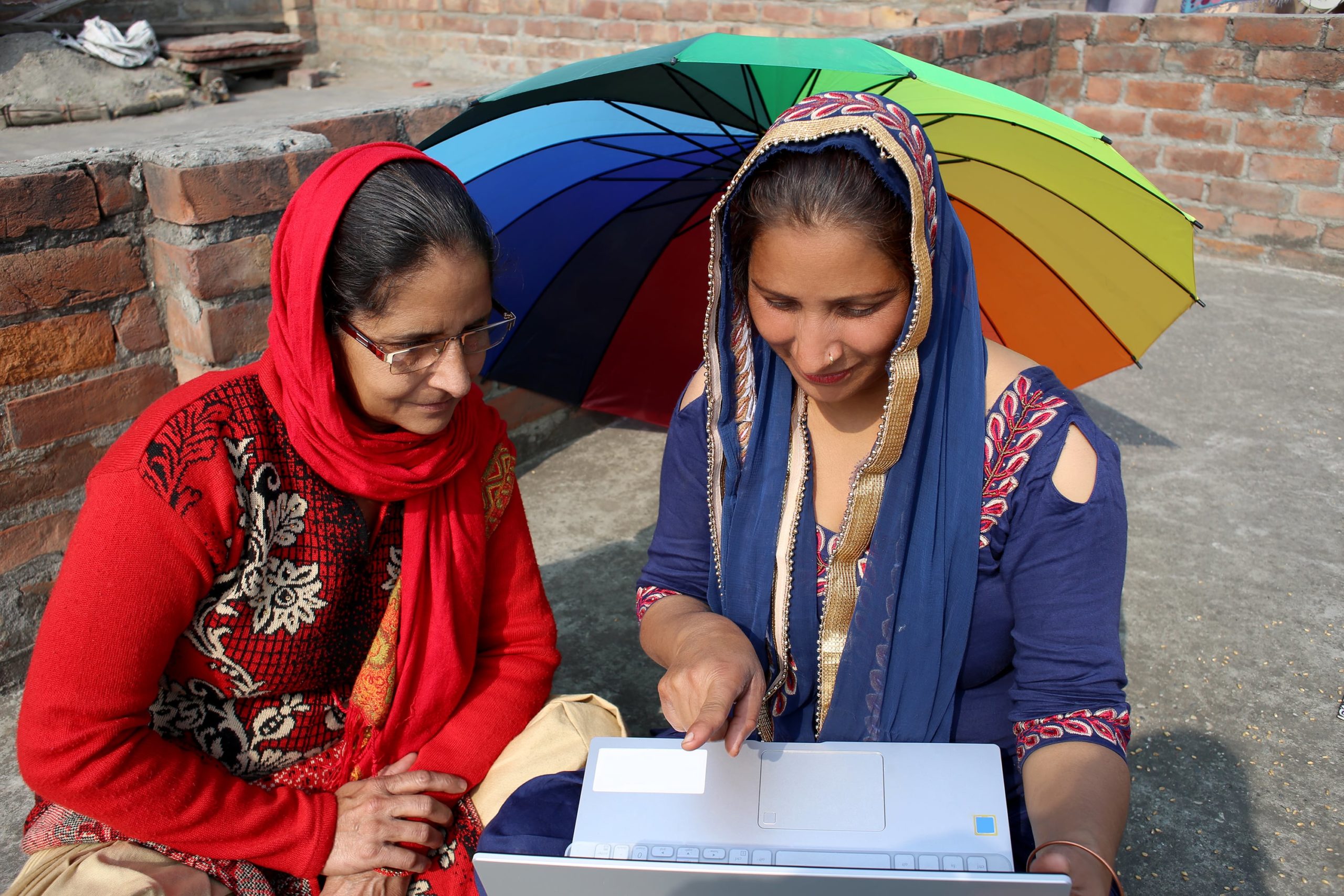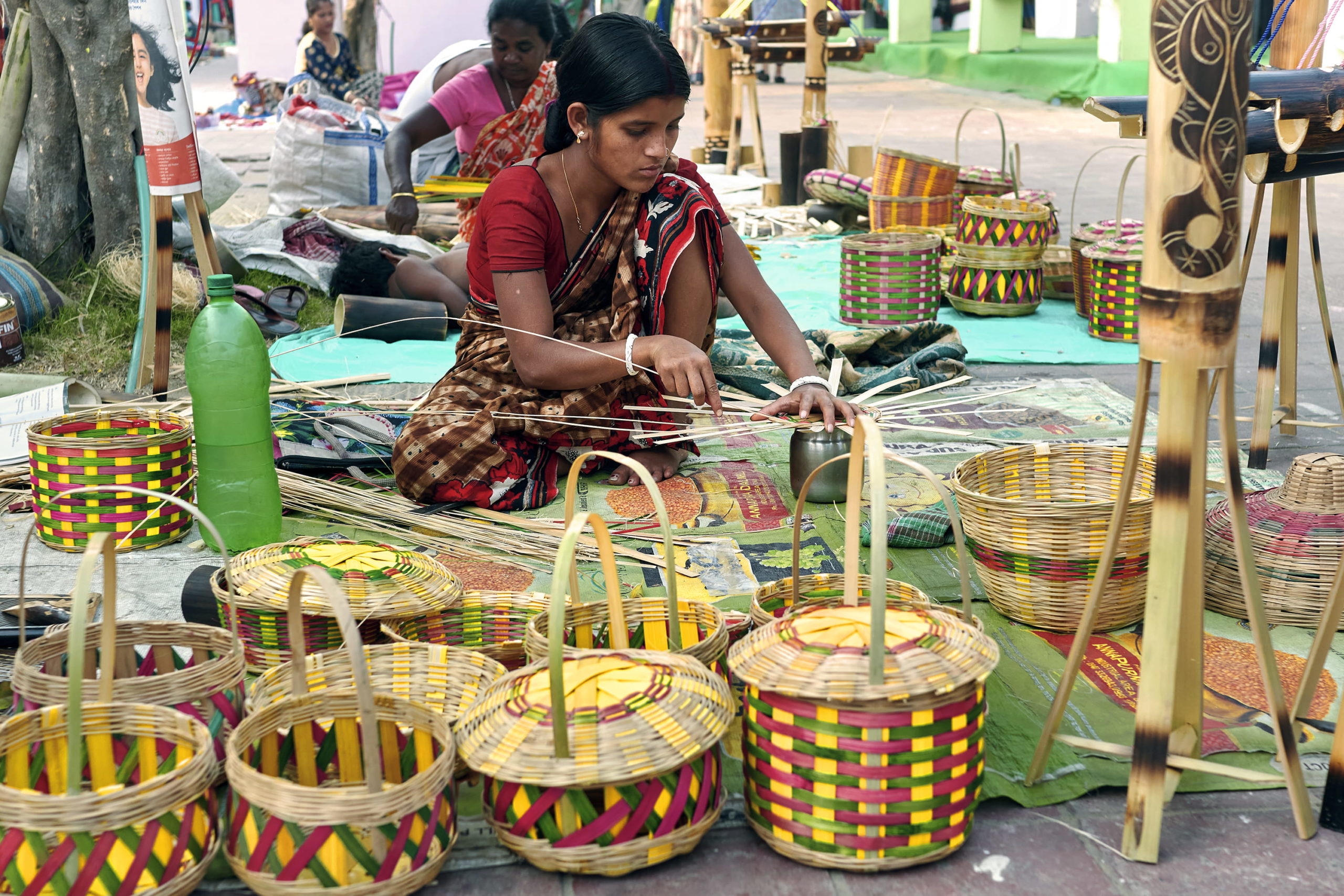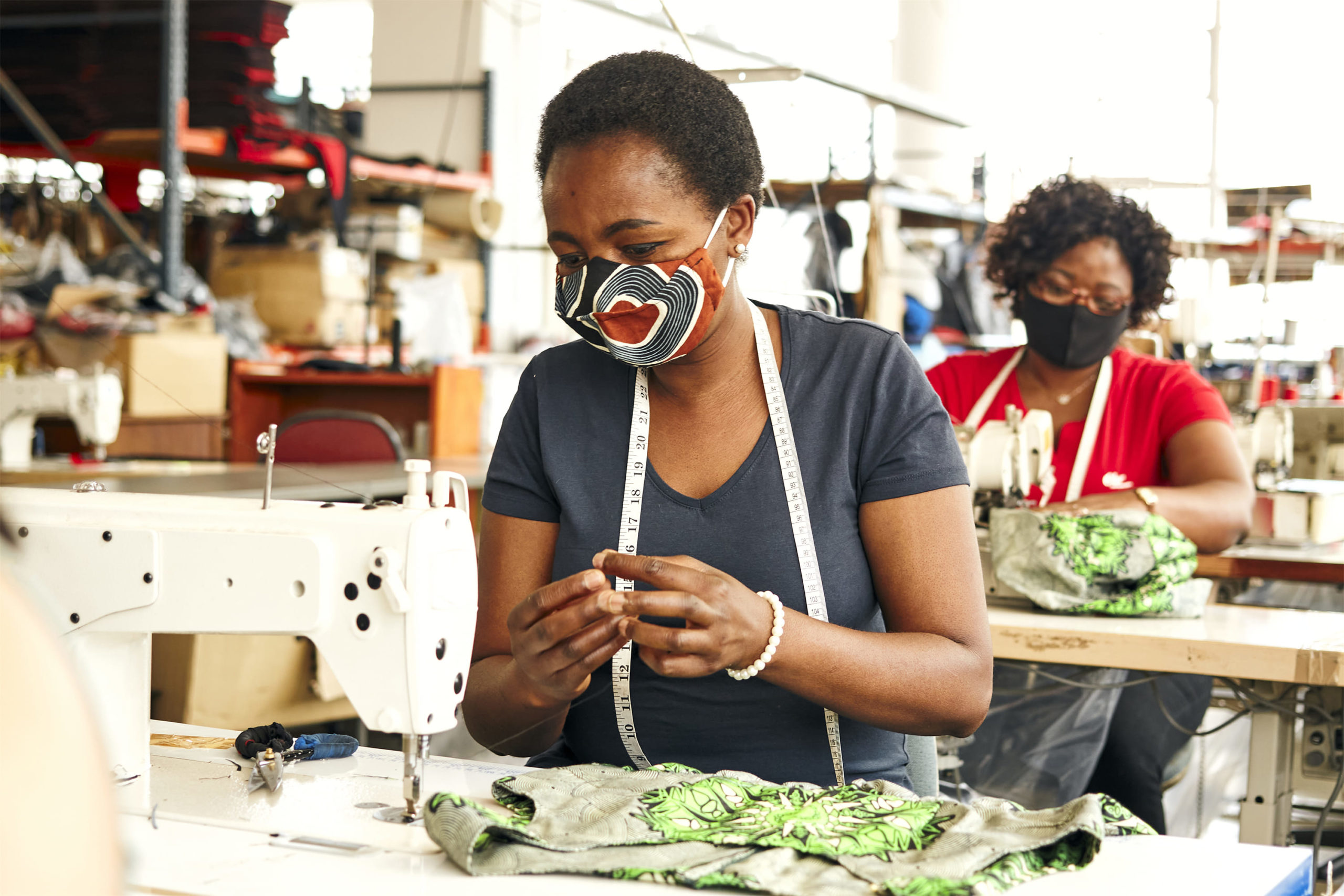Commuting Constraints and Labor Productivity: A Field Experiment on Women’s Mobility in India
Can alleviating commuting constraints enhance the labor supply and labor productivity of women from low-income households? This project studies this question in collaboration with the largest gig-firm in India, engaging 40,000 gig-workers, including...


